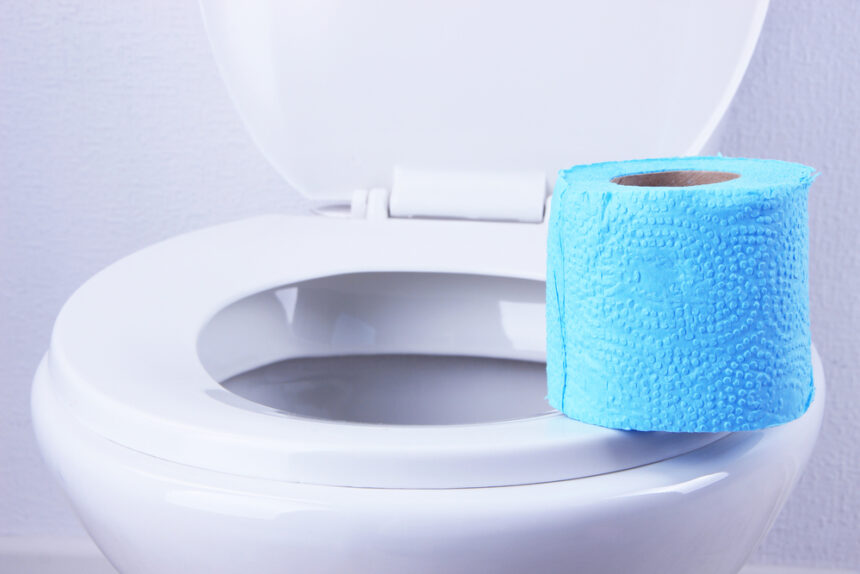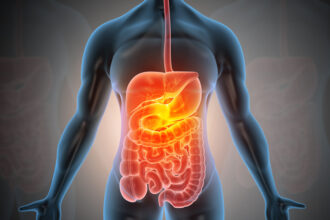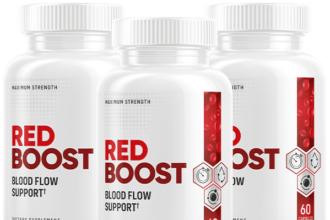What are bowel movements?
Bowel movement, or defecation, is the natural process of emptying the bowels. It is an important part of digestion, and most people do it several times a day. However, many people experience problems or have questions about bowel movements, so it’s helpful to understand how they work and what to do if things go wrong.
Bowel movements are waste products that the body releases. Bowel movements occur through the gastrointestinal tract and are important for the health of the body. The following organs help in bowel movements:
The anus – a flap-like opening for the stool to pass through
The large intestine – the part of the digestive tract that absorbs water from the stool and expels the stool through the rectum
The rectum – a muscular tube for the stool to pass through. In a healthy person, stool ranges from 1⁄2 to 1 inch in size.
How does bowel movement affect your body?
Bowel movements are a very important part of digestion.
The colon, the first part of the digestive tract, is composed of a series of interconnecting tubes that are joined together.
These tubes are lined with tiny hair-like structures called villi, which increase the surface area of the colon. The villi increase the surface area of the colon, allowing for more absorption of water, electrolytes, and nutrients from food.
These tubes are also lined with muscle cells that stretch and contract. As the tube narrows, the muscle cells contract and push the contents of the digestive tract through the tube.
Once the tube is emptied, the muscle cells relax and the colon expands for the next meal.
How does a problem occur during bowel movements?
A healthy person typically has one bowel movement (bm) a day. The BM is moved through when the muscles maintain a proper contraction. The colon is filled with water and air. As the contraction occurs, the BM exits through the rectum. The pressure of the fluid causes air to escape the colon, which can then push out the remaining contents of the colon through the rectum. This series of muscle contractions and relaxations are known as the peristaltic action.
Sometimes, however, the colon muscles lose their proper function and cannot push the BM through the colon properly. This can occur for several reasons, including:
* The colon muscles contract improperly (dyssynergic defecation)
* The colon muscles do not relax properly (dyssynergic relaxation)
Both these conditions can lead to chronic constipation. In a person with a spinal cord injury, the bowels may contract or relax inadequately. If the colon does not contract normally, feces may be left in the colon, causing the colon to swell and can lead to pain, infection, and blockage of the colon.
A small bowel movement, when it does happen, is often difficult due to incomplete expulsion of the contents, called encopresis. Incomplete expulsion is more likely to be seen in persons with a spinal cord injury. Incomplete expulsion can lead to blockage of the colon.
Since incomplete expulsion can lead to blockage, it is important to help the BM pass easily.
What to do when a problem occurs during bowel movements
When the problem occurs during bowel movements it can be alarming, but precautions that you take before you start will move you toward solving the problem.
First, you need to determine what problem you are experiencing so you know where to start. Is it constipation or diarrhea? The problem may be from your diet, level of physical activity, or from use of certain medications. When a problem occurs, you need to look to these underlying causes so that you can find the best solution.
Your healthcare provider can help determine if the problem is from your diet or medications, and aren’t sure, but constipation. Your healthcare provider can also determine if the problem is from something you ate and if using stool softeners can help.
Most importantly, if you have a bowel movement problem, talk to your healthcare provider so you understand the underlying cause and what you can do. Most bowel movement problems go away if you stay consistent and know what causes the problem.
Natural remedies to ease bowel movements
Foods like prunes, apricots, pears, dates, bananas, and figs may help. Eating them can soften the feces which makes them easier to pass.
Eating high-fiber foods, like fruits and vegetables, may also help relieve constipation. Vegetables, especially broccoli, cabbage, and asparagus, are high in fiber and may help with constipation. Fruits and fruit juices like prune juice, pear juice, and grape juice may also help.
Decreasing the amount of caffeine in your diet, limiting dairy products, and eating foods high in fat and sugar can lead to constipation.
Conclusion
To treat bowel movement problems, there are several different options. Many doctors prefer to use natural remedies to treat bowel movements instead of prescription drugs. If you suffer from this problem, try making some changes to your diet and being more physically active.
Exercising regularly and eating a high-fiber diet can help prevent constipation and make it easier to have a bowel movement. If your problem is a bit more serious, try taking a magnesium supplement, eating more vegetables, drinking more water, and drinking more fluids.
You should also try to increase the amount of fiber in your diet by eating more fruits, vegetables, beans, and whole-grain foods. These foods can help relieve and prevent constipation.
If natural remedies don’t work, try experimenting with different types of laxatives. Some types of laxatives include Senna, mineral oil, and senna-based laxatives. Your doctor can recommend other natural remedies and treatments that may be able to help relieve your bowel movement problems.

























